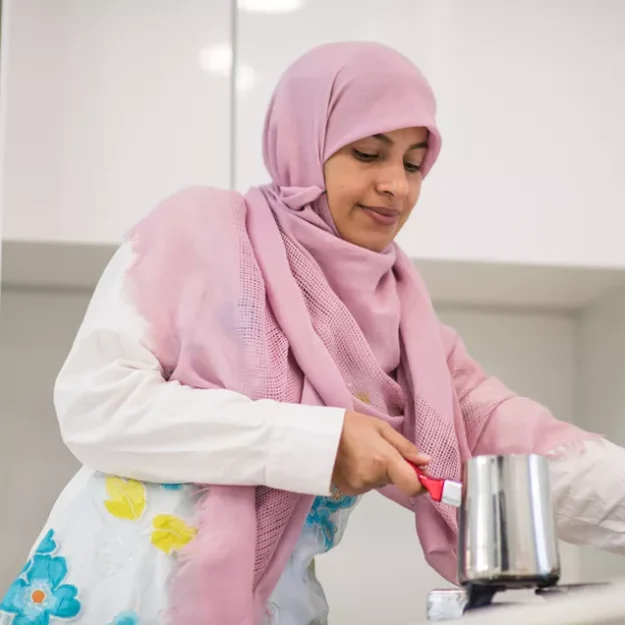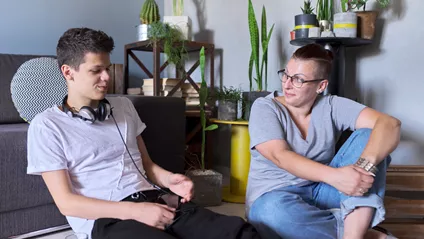Unaccompanied Asylum Seeking Children
When working with Unaccompanied Asylum Seeking Children (UASC), a specialised support package is put in place based on the individual needs of the young person. This can be as simple as improving health and wellbeing, working on the young person’s stability and building up their supportive network by engaging the young person in GP services, dentists and educational providers, all of which might require an interpreter.
Our staff are experienced in supporting unaccompanied asylum seeking children/young people, tailoring support to address their specific needs. Examples include:
- Helping them stay healthy – e.g. support to register with a GP, dentist and optician (as required) and attend regular check-ups
- Support to manage the impact of past traumatic experiences that have led to them seeking asylum. Our staff are trained in Trauma-Informed Practice and all properties offer a therapeutic environment, helping young people to feel safe, secure and have space to process and recover from past trauma
- Support with food and clothing shopping – ensuring food is appropriate to any cultural dietary requirements
- Helping them become familiar with the local area and amenities (including public transport)
- Supporting young people to practice their chosen faith (where applicable), including access to places of worship and any religious items
- Support with legal, Home Office and other agency appointments to progress their asylum claim
- Supporting the young person’s language needs, including accessing interpreter services and using resources such as Google translate on a tablet to ensure they are able to express their views and wishes
- Respecting any cultural events or celebrations that are important to the young person and ensuring they have opportunities to observe these
- Support may be required to enable the young person to develop a positive sense of identity and understanding of their background.


Shared Living
We have a robust matching process so that young people can live safely and happily as a group. Young people in our shared houses are provided with a minimum of 5 hours support each week to achieve independence and support is adjusted according to the changing needs of the young person.

Standalone
Where a young person has moved on to independence but it has been assessed that they would benefit from further support, LCS is able to offer time-limited floating support to help the young person settle in and be equipped for independent living.

Individual Supported Living
Each young person will receive a minimum of 5 hours support per week, with additional hours provided where an assessment of the young person’s needs requires this (agreed in conjunction with the Social Worker/Personal Advisor). A support helpline and emergency call out service are available 7 days a week, 365 days per year.